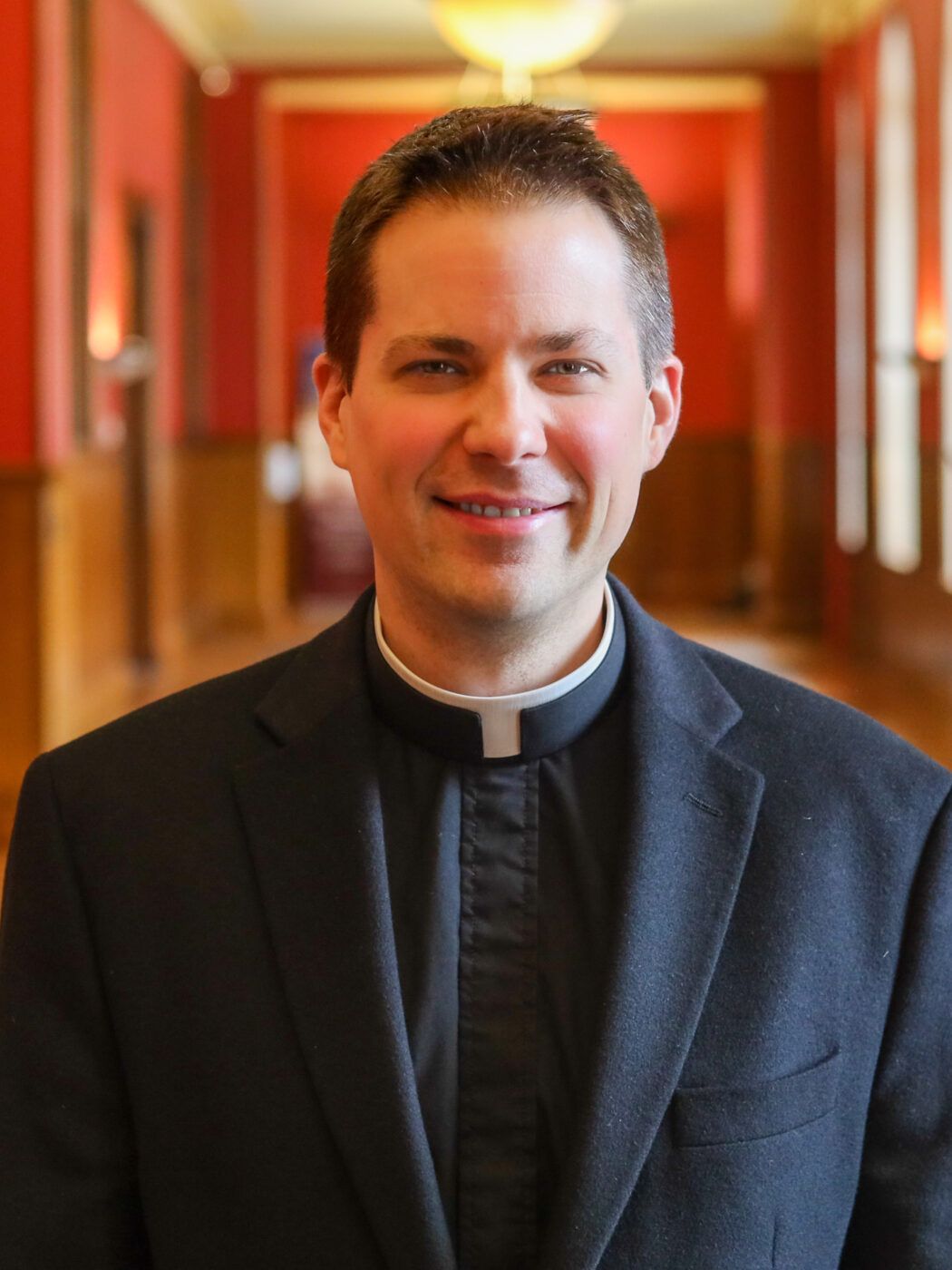The Gospel is called “good news.” We all know why it’s good, but have you ever wondered why we call it “news”? What we read in the gospels happened a long time ago. The life, death, and resurrection of the Lord Jesus are the most significant events that have ever occurred. But these cosmos-changing happenings are familiar to us. How can something that happened long ago and that is already known to us be news? While our victory over the Axis powers 80 years ago in World War II is certainly good, it would be very odd to call it “news.”
Yet, this is exactly how the Church understands the Gospel to this day. It is not only good; it is also news.
The reason the Gospel is new is that it has yet to take root in us. It is new because its power is ever ready to take hold of us in a deeper way.
In preaching the Gospel, the Church proclaims that, through His death and resurrection, Christ has overthrown the power of Satan, sin, and death. The Father now reigns on earth as He does in Heaven in and through the Son and the Holy Spirit. Through the glory of Easter, the Ascension, and Pentecost, the cosmos is transformed. God has reconciled the world to Himself.
However, while the Kingdom of God has long been secured, it has yet to be fully realized in us.
One of the surest ways of assessing our relationship to this Kingdom is by our reaction to what the Lord Jesus proclaims in the synagogue in Nazareth. For the comfortable and self-satisfied, the fulfillment the Lord speaks of can only be a passing curiosity. It is a life-changing message to the types of people listed in Isaiah’s prophecy: the poor, the captives, the blind, the oppressed. The degree to which we understand ourselves as poor, captive, blind, and oppressed will be the degree to which we receive the Gospel as good news. On the contrary, if we pride ourselves on our self-reliance, wisdom, and self-mastery, the Gospel will not speak to us. The Gospel cannot find fulfillment in those who are full of themselves.
Happily for us, life offers near constant reminders of our poverty and blindness, and with each painful revelation of our shortcomings a new door is opened in us to the newness of the Gospel.
There is great depth to our poverty, yes, and the more we plumb these depths the greater our joy will be in the Gospel. However, the Gospel’s richness is deeper than our poverty. In our first reading the people of Israel stand for hours listening to the law. When they hear the law read and explained they begin weeping. Why? Because they had never heard it in fullness before. Much of it had been lost to them during their captivity in Babylon. They may have held on to bits and pieces of it, but they did not know its grand sweep. This is true of us and the Gospel. So often in our religious education we catch little pieces of the Gospel: be kind, be unselfish, have a heart for the needy. So many make the mistake of thinking they understand the Gospel from these fragments. Identifying Christianity with these little scraps, they think they get it. It becomes old and even boring, a faded moralistic code that is either vaguely reverenced or rejected.
It's hard not to weep when we realize that the Gospel of Jesus Christ is so much more than we thought it to be. Like the Israelites returning from Babylon, there is so much more for us to learn. Like them we must rejoice with every step we take in rediscovering the richness that is ours in Christ. The newness and joy of the Gospel are inexhaustible, making it always and everywhere very good news indeed.


